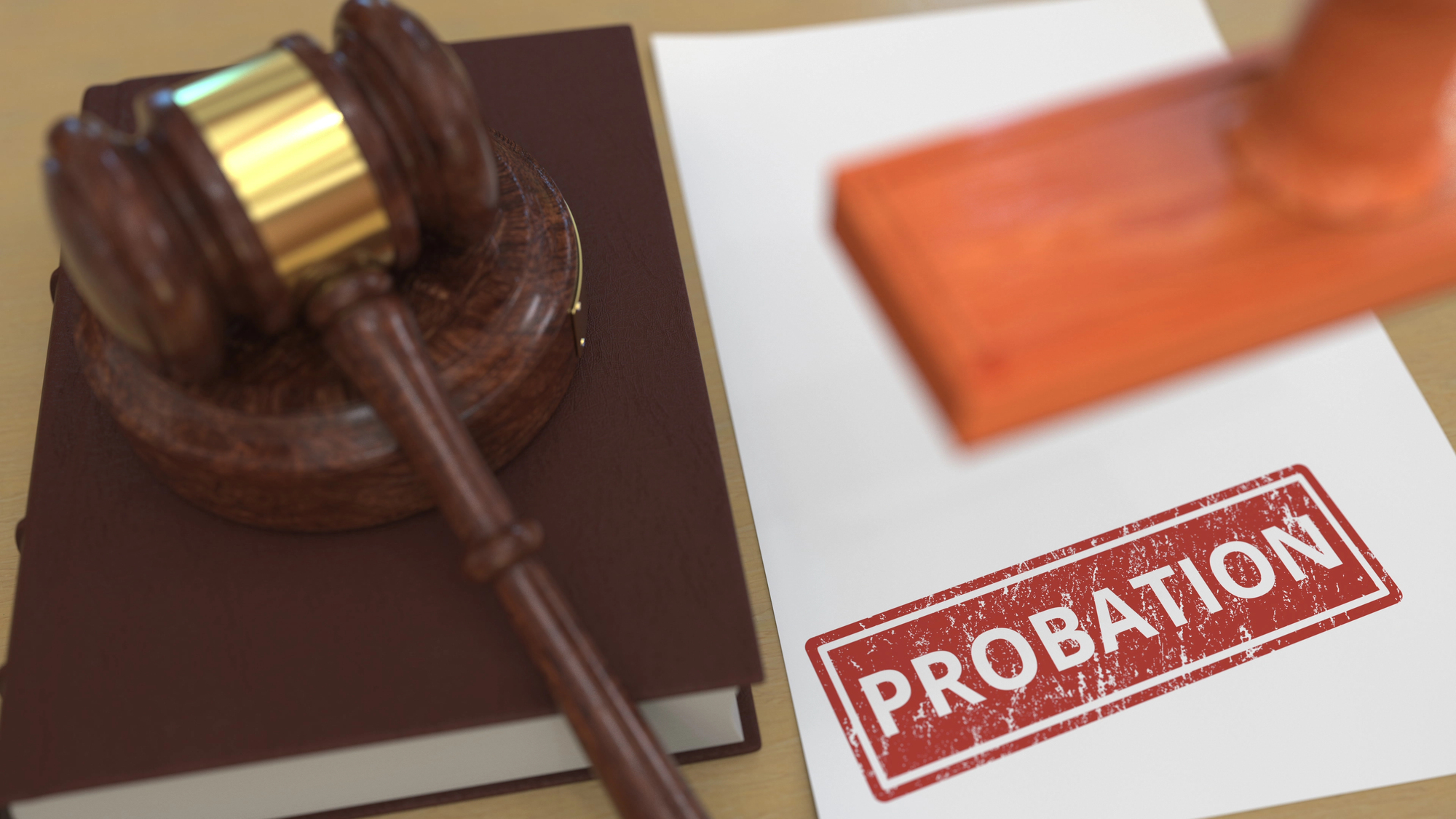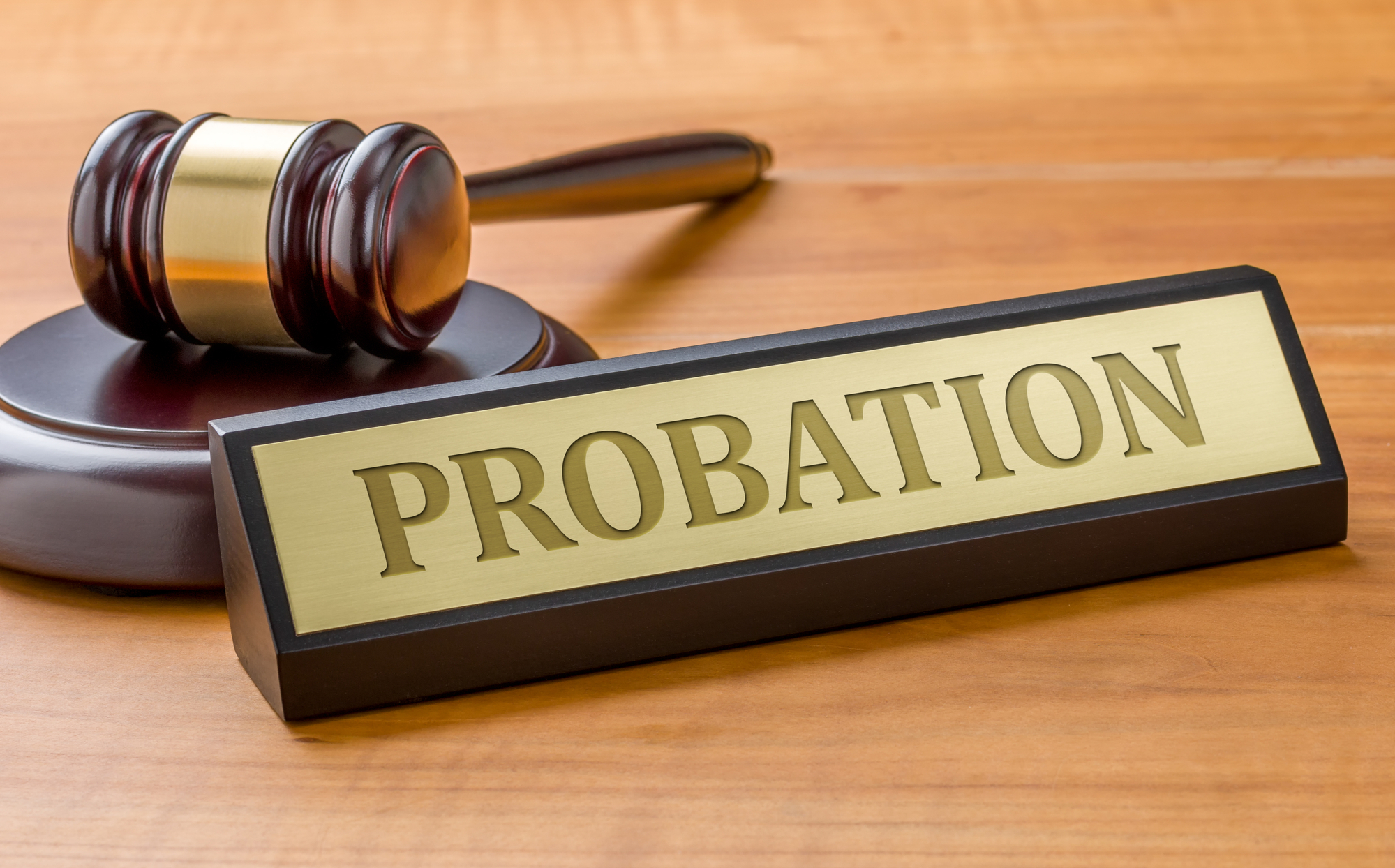What is the Role of a Probation Officer?
A probation officer plays a crucial role in the criminal justice system by monitoring individuals who have been placed on probation instead of serving time in jail or prison. In Texas, probation officers typically meet with probationers regularly, often once a month. These meetings allow the officer to assess the probationer’s progress, provide guidance, and ensure compliance with the terms of their probation.
What Constitutes a Probation Violation in Texas?
Probation, also known as community supervision in Texas, is a court-ordered period of correctional supervision within the community, as an alternative to imprisonment. However, this privilege comes with a set of rules and conditions that you must adhere to. Violating any of these conditions can lead to probation revocation.
The most common probation violations include failure to report to your probation officer, not paying fines or restitution, failing a drug or alcohol test, or committing a new crime. Each of these violations can have serious consequences, potentially leading to your probation being revoked and you being sent to jail or prison.
For instance, let’s say John was convicted of a DWI in Texas and was placed on probation. One of the conditions of his probation was to abstain from alcohol. However, during a random test, John tested positive for alcohol. This would be considered a probation violation and could lead to his probation being revoked.
If John’s probation is revoked, he may face several consequences. The court could impose additional penalties, such as extending the probation period, requiring him to attend more frequent counseling sessions, or increasing the level of supervision. In more severe cases, John could be sentenced to serve the remainder of his original jail time. To avoid these outcomes, John would need to appear in court, where he and his lawyer could present evidence and arguments to explain the violation and seek leniency from the judge.
What Are the Consequences of Not Paying Fines or Restitution?
Restitution is the money you are ordered to pay to compensate the victim for their loss, while fines are penalties imposed by the court.
If you fail to pay these amounts, it can be seen as a lack of responsibility or unwillingness to comply with the court’s orders. This could lead to your probation being revoked.
Can Traveling Without Permission Result in Probation Revocation?
If you are on probation in Texas, you are generally required to stay within a certain area, usually the county where you live. If you want to travel outside this area, you must get permission from your probation officer. If you travel without permission, it is considered a violation of your probation terms.
Can Associating with Known Criminals Affect My Probation Status?
Yes, associating with known criminals can also lead to probation revocation. If you are on probation, you are generally prohibited from associating with individuals who have criminal records. If you are found to be associating with known criminals, it is considered a violation of your probation terms.
What Happens if I Fail to Maintain Employment or School Attendance While on Probation?
In Texas, maintaining steady employment or school attendance is often a condition of probation. If you fail to maintain employment or school attendance without a valid reason, it can be seen as a violation of your probation terms.
For instance, if Paul, who was on probation for a drug offense, lost his job and made no effort to find new employment, his probation could be revoked. Similarly, if a student like Amy, who was on probation for a minor offense, started skipping school regularly, her probation could also be at risk.
Can Driving Without a Valid License While on Probation Lead to Revocation?
Yes, driving without a valid license while on probation can lead to probation revocation. If you are on probation and your driver’s license has been suspended or revoked, driving can be seen as a violation of your probation terms.
How Can a New Crime Affect My Probation Status?
Committing a new crime while on probation is a serious violation. In Texas, if you are arrested for a new crime while on probation, it can lead to immediate revocation of your probation, regardless of whether you are eventually convicted of the new crime.
What Can a Lawyer Do to Help Me With a Probation Violation?
If you are facing allegations of a probation violation, an experienced attorney can provide essential assistance to protect your rights and help navigate the legal process:
1. Legal Representation: A lawyer can represent you in court, presenting your case and arguing on your behalf to minimize the consequences of the alleged violation.
2. Advice and Guidance: A lawyer can explain the legal implications of your situation, helping you understand the charges against you and advising you on the best course of action.
3. Evidence Collection: A lawyer can gather and present evidence that supports your case, such as proof of compliance with probation terms or mitigating circumstances that explain the violation.
4. Negotiation: A lawyer can negotiate with the probation officer or prosecutor to seek alternatives to revocation, such as modifying the terms of your probation or recommending additional counseling or community service.
5. Protecting Your Rights: A lawyer ensures that your legal rights are protected throughout the process, preventing any unlawful or unfair treatment that could negatively impact your case.
If you are on probation and facing potential revocation, call Seymour & Vaughn today at 830-282-8751 for a free case evaluation!








